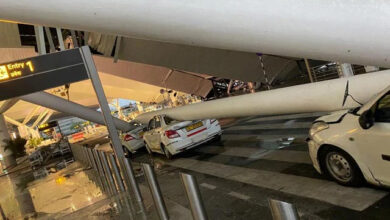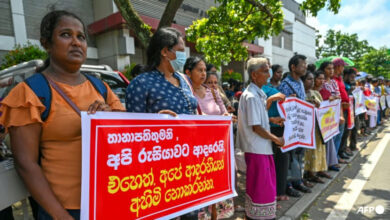Pakistan’s caretaker government yields to IMF pressure, plans major gas rate hike
The new rates are set to take effect retrospectively from July 1 and will be payable via adjustments in October through December. An official notification detailing the gas rate increase is anticipated soon.

Islamabad: The caretaker government of Pakistan has finalized a plan to increase gas rates by up to 45%, a move prompted by pressure from the International Monetary Fund (IMF). This decision follows the previous government’s postponement of the rate hike due to escalating economic instability during its tenure.
The IMF has consistently maintained its stance on the necessity of the gas rate hike, refusing to grant any concessions. The rate increase is expected to generate a substantial revenue of PKR435 billion (USD1 = PKR287.029), despite concerns about its impact on the country’s inflation-hit population.
In an attempt to mitigate the effects of this price surge, the caretaker government has devised a strategy to protect small gas consumers. The plan aims to shield approximately 64% of gas consumers from the rate hike, ensuring that prices remain unchanged for the low-income sector.
The new rates are set to take effect retrospectively from July 1 and will be payable via adjustments in October through December. An official notification detailing the gas rate increase is anticipated soon.
Commercial users, including clay ovens (tandoors) and hotels, are expected to bear the brunt of these increased rates, leading to heightened operational costs. The rate hike is also projected to extend to industrial consumers and Compressed Natural Gas (CNG) providers, potentially affecting businesses across various sectors.
The IMF has also called for an additional increase in gas tariffs from 45% to 50% on account of ‘Fuel Adjustment Charges’ starting from July 1, while urging a crackdown on electricity and gas theft as part of efforts to improve recovery.
This article was generated with the support of AI and reviewed by an editor. For more information see our T&C.


![Mumtaz Zahra Baloch, spokesperson for Pakistan's Foreign Ministry, says the country believes in constructive dialogue with the US [Courtesy of Pakistan Ministry of Foreign Affairs]](https://southasiancorrespondent.com/wp-content/uploads/2024/06/pak-1-390x220.jpg)

